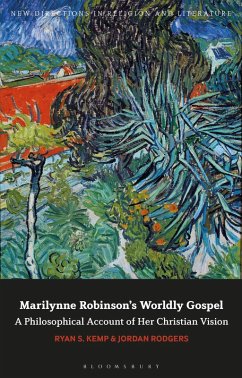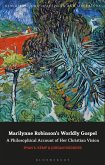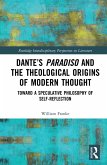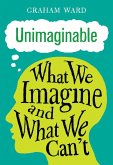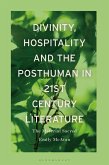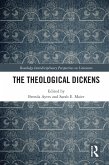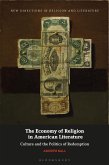In her five novels and many essays, Marilynne Robinson develops a distinctive Christian vision animated by a powerfully affirmative and sacramental attitude toward the physical world and everyday human life.
An in-depth philosophical exploration of her work - from Gilead to her extensive non-fiction writing - Marilynne Robinson's Worldly Gospel reads the author's theology as articulating a compelling response to the claim that Christianity is an otherworldly religion whose adherents seek through it to escape the misfortunes of this life. Ryan Kemp and Jordan Rodgers argue that Robinson's work challenges the modern atheistic tradition dating back to Friedrich Nietzsche to present a unique form of contemporary faith that seeks to affirm the world rather than deny its claims.
An in-depth philosophical exploration of her work - from Gilead to her extensive non-fiction writing - Marilynne Robinson's Worldly Gospel reads the author's theology as articulating a compelling response to the claim that Christianity is an otherworldly religion whose adherents seek through it to escape the misfortunes of this life. Ryan Kemp and Jordan Rodgers argue that Robinson's work challenges the modern atheistic tradition dating back to Friedrich Nietzsche to present a unique form of contemporary faith that seeks to affirm the world rather than deny its claims.

